Lapsang Souchong is the ancestor of black tea worldwide. It is produced in Tongmu Village, Wuyi Mountain City, Fujian Province. With a rich history dating back to the Ming Dynasty, Lapsang Souchong has long been renowned. According to "The Classic of Wuyi Tea," it is stated: "Among tea productions, Wuyi is the best. Its flavor is in the essence, its fragrance in orchids, its qualities are endless, and its taste is inexhaustible."
Lapsang Souchong is distinguished by its unique pine smoke aroma and lychee-like flavor, making it a gem among black teas. In the vast world of tea, Lapsang Souchong has won the favor of countless tea enthusiasts with its unique charm and health benefits. Today, let's delve into the world of Lapsang Souchong and appreciate its millennium-old tea essence. Here are benefits of Lapsang Souchong black tea.
Benefits of Lapsang Souchong Black Tea
Diuretic Effect
The combination of caffeine and aromatic substances in Lapsang Souchong black tea increases blood flow to the kidneys, enhances the filtration rate of the glomeruli, dilates renal micro Vessels, and inhibits the reabsorption of water by the renal tubules. This leads to an increase in urine output, which helps to expel lactic acid, uric acid (related to gout), excess salts (related to hypertension), and other harmful substances from the body. Additionally, it can help alleviate edema caused by heart disease or nephritis.
Anti-inflammatory and Antibacterial Effects
The polyphenolic compounds in Lapsang Souchong black tea have anti-inflammatory effects. Studies have shown that catechins can bind to single-celled bacteria, causing protein coagulation and precipitation, thereby inhibiting and killing pathogenic bacteria. Drinking black tea is beneficial for those with bacterial dysentery and food poisoning. It is also commonly used to apply to wounds, bedsores, and athlete's foot.
Detoxification
Research has proven that the polyphenols in Lapsang Souchong black tea can adsorb heavy metals and alkaloids, precipitating and decomposing them. This is particularly beneficial for modern people whose drinking water and food are often polluted by industrial contaminants.
Refreshes the Mind and Eliminates Fatigue
Medical experiments have shown that the caffeine in black tea stimulates the cerebral cortex and nervous system, leading to increased alertness, enhanced concentration, and improved cognitive function. It also stimulates the vascular system and heart, strengthening the heartbeat, accelerating blood circulation, and promoting metabolism. Caffeine also promotes sweating and diuresis, which helps eliminate lactic acid and other metabolic wastes, thereby relieving fatigue.
Promotes Saliva Secretion and Clears Heat
Drinking Lapsang Souchong black tea in summer helps quench thirst and relieve heat. The polyphenols, sugars, amino acids, and pectins in tea react chemically with saliva, stimulating its secretion and creating a cooling sensation in the mouth. Caffeine regulates body temperature by acting on the hypothalamus's temperature control center, stimulates the kidneys to excrete heat and waste, and maintains physiological balance.
Antioxidant and Anti-aging Effects
Research indicates that the antioxidants in green and black teas can disrupt the chemical pathways in cancer cells. Dr. Murray Mittleman, director of cardiovascular epidemiology at Beth Israel Deaconess Medical Center in Boston, stated, "The effects of black tea and green tea are roughly equivalent, but the antioxidants in Lapsang Souchong are more complex, especially beneficial for the heart." Reports in American journals highlight that black tea's anti-aging effects surpass those of garlic, broccoli, and carrots.
Stomach Nourishment
Drinking green tea on an empty stomach can cause discomfort due to the astringent properties of polyphenols, which stimulate the stomach. In contrast, Lapsang Souchong black tea, being fermented and roasted, undergoes enzymatic oxidation, reducing its polyphenol content and making it less irritating to the stomach. Regular consumption of black tea with sugar or milk can reduce inflammation, protect the stomach lining, and help treat ulcers.
Vasodilation
Recent studies in the American medical community found that heart disease patients who drink four cups of black tea daily can increase their blood vessel dilation from 6% to 10%. For healthy individuals, dilation can increase by 13% after stimulation. Additionally, Lapsang Souchong black tea helps prevent dental caries, aids digestion, slows aging, lowers blood sugar, blood pressure, and blood lipids, fights cancer and radiation, and serves as an excellent sports drink. It quenches thirst, replenishes fluids, and the caffeine stimulates the body to burn fat for energy during exercise, enhancing endurance.

*The content on this website is not derived from professional medical studies or conclusions. Instead, it is based on the personal experiences and testimonies of tea drinkers accumulated over many years. The information provided is for general knowledge and should not be taken as medical advice. Always consult with a healthcare professional before making any health-related decisions.

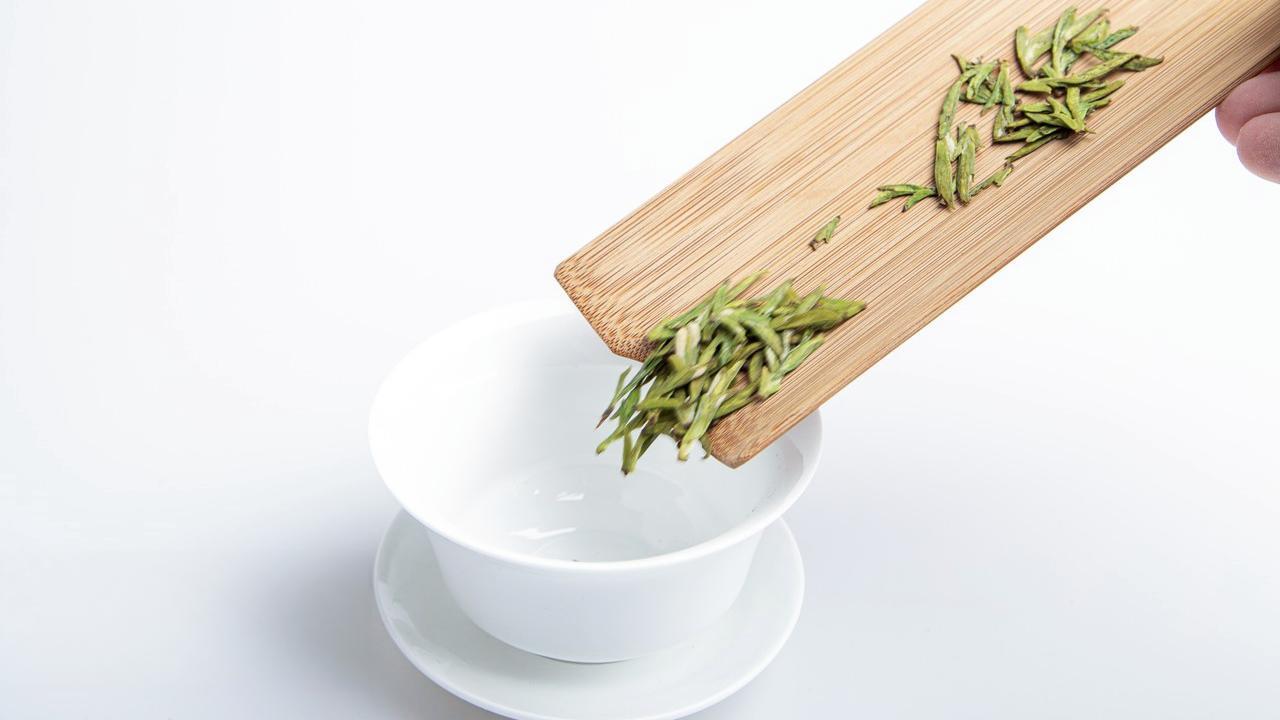
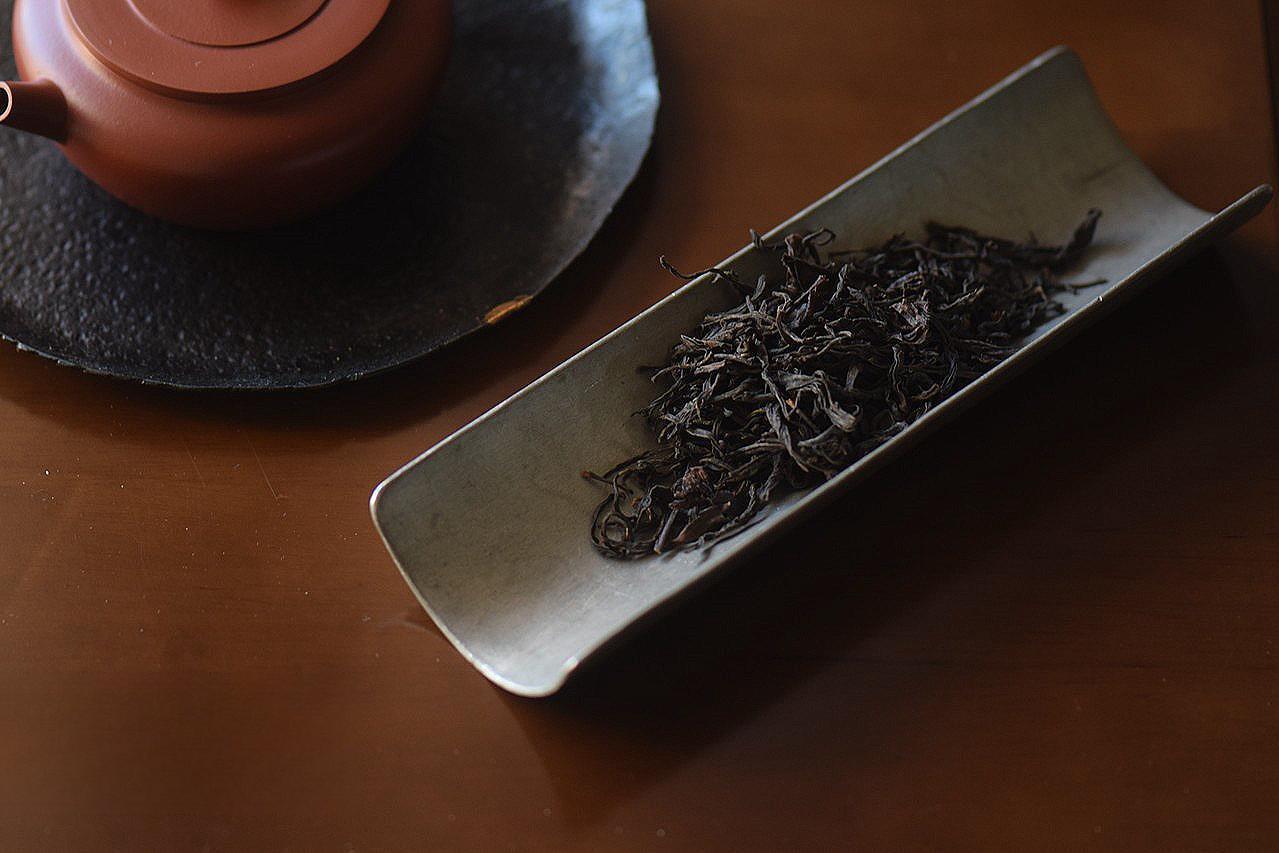
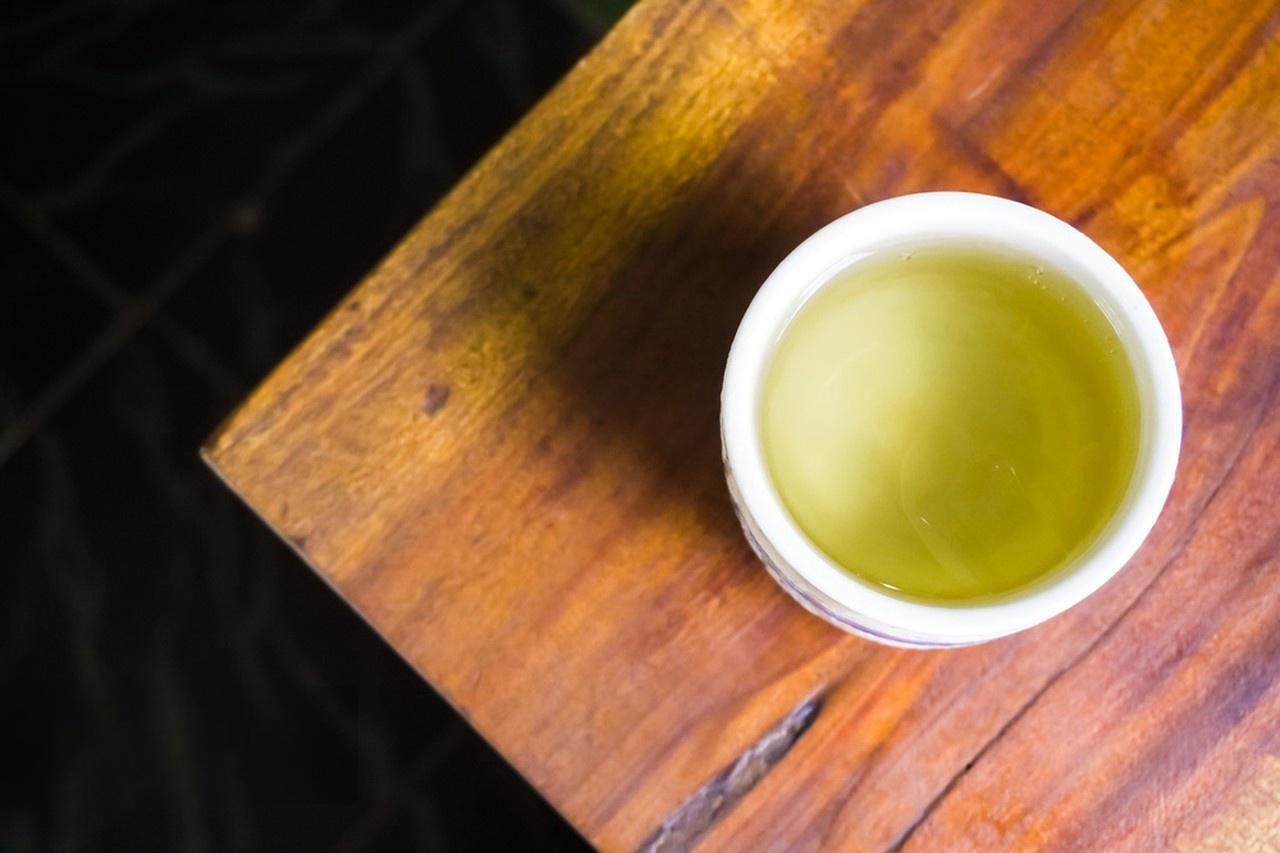
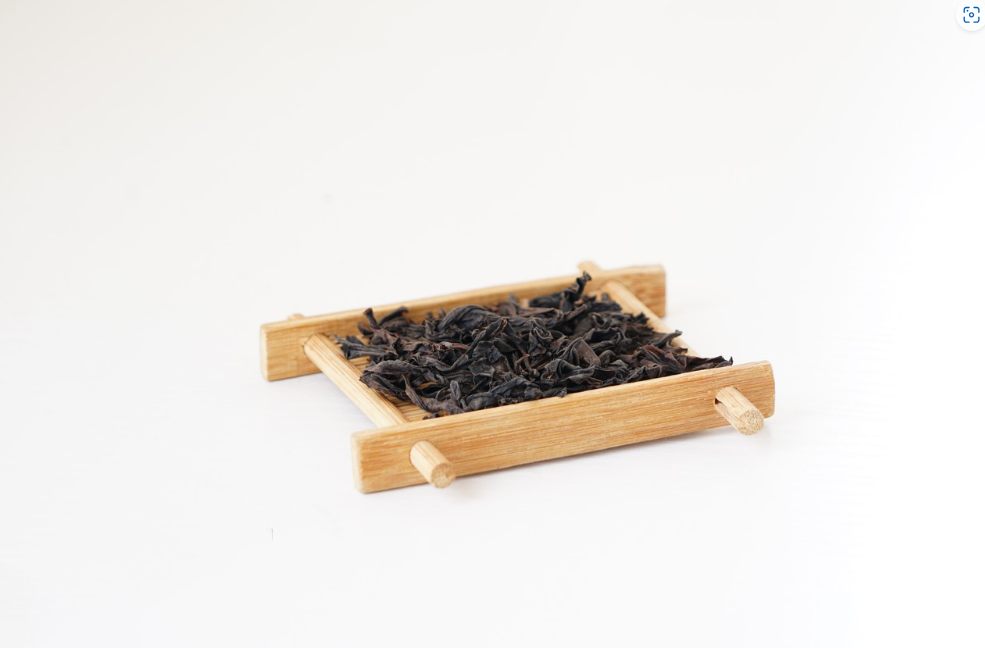
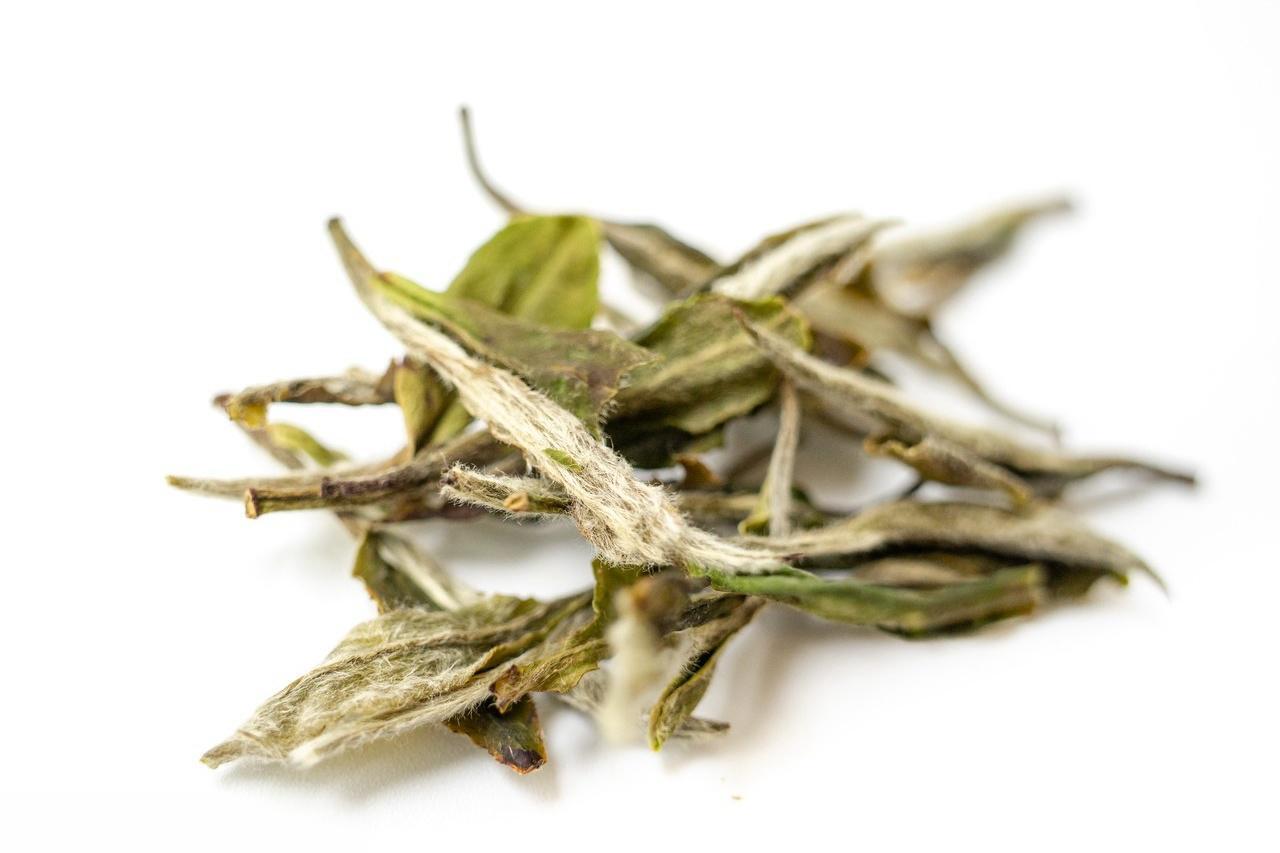
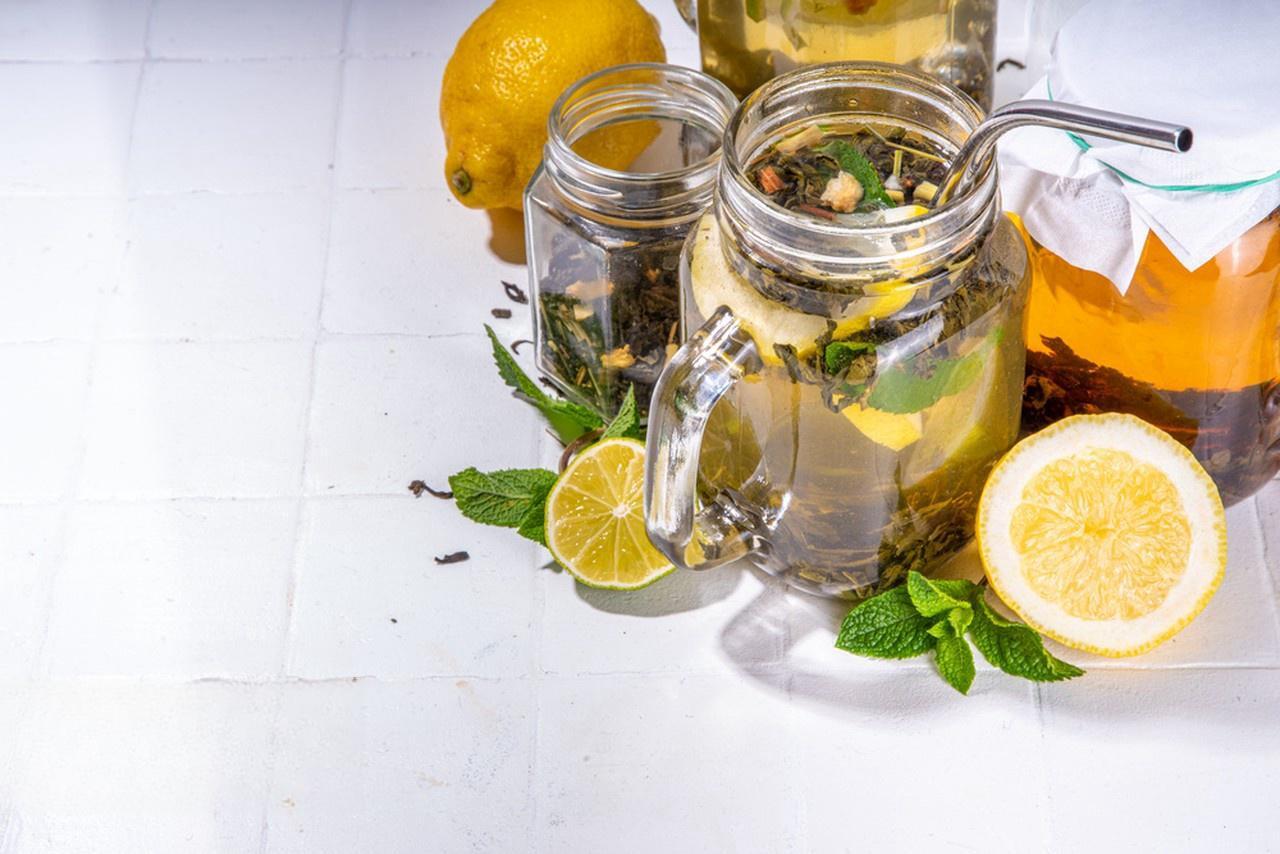
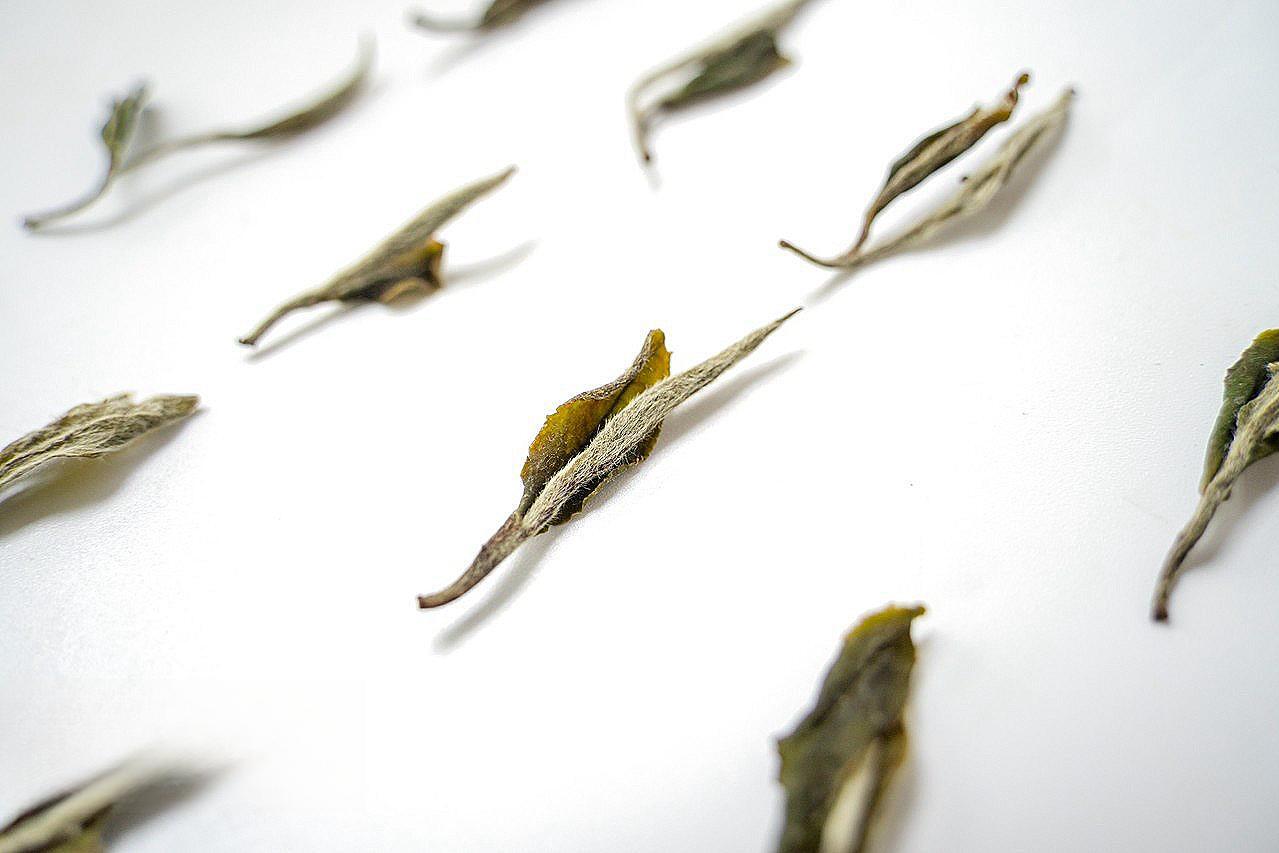
Leave a comment
All comments are moderated before being published.
This site is protected by hCaptcha and the hCaptcha Privacy Policy and Terms of Service apply.